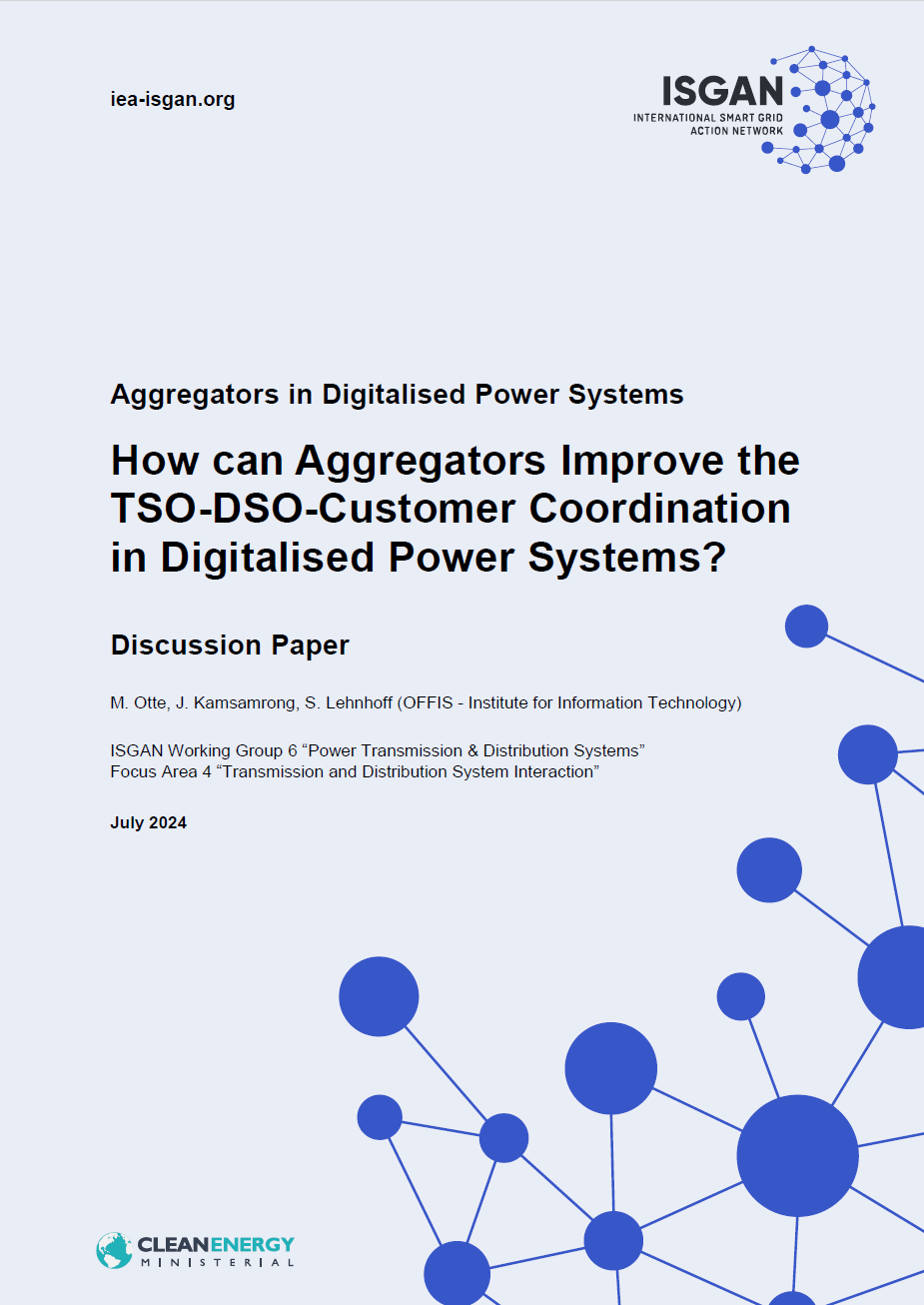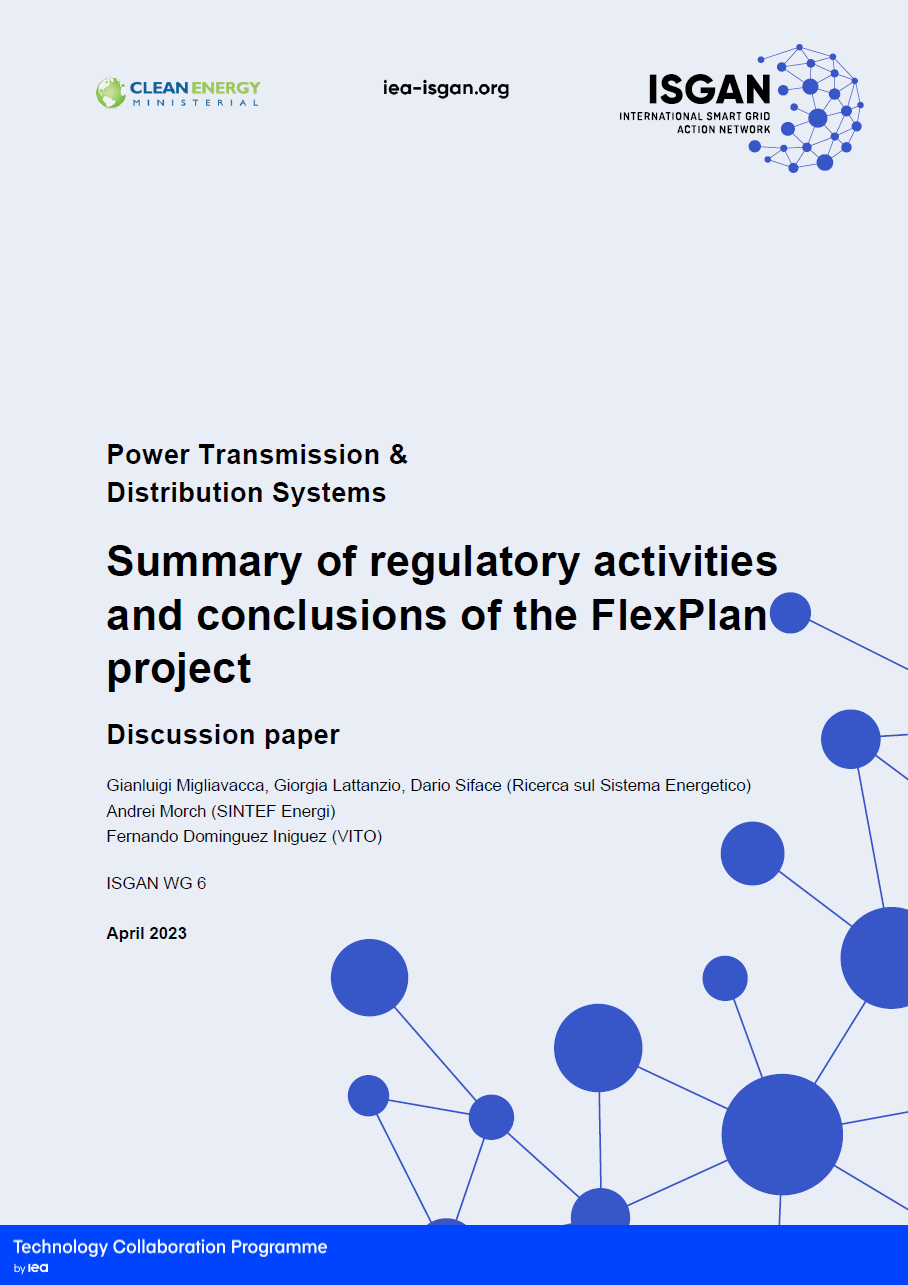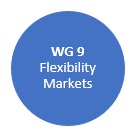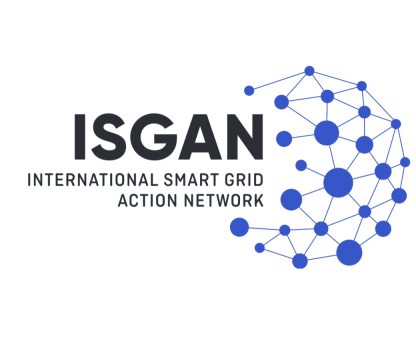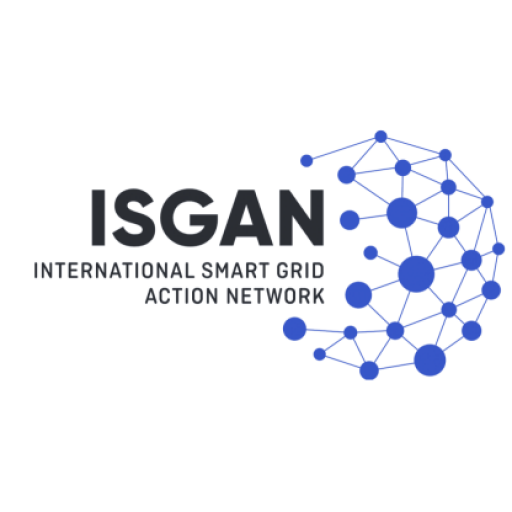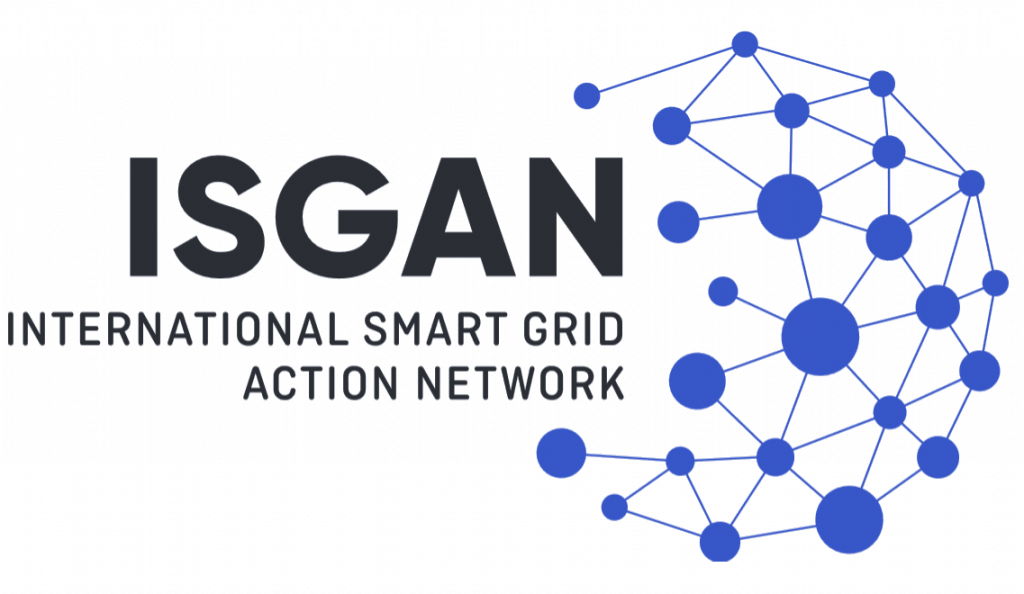Publications
Type
Year
Working Group
Utilizing untapped Distributed Energy Resources (DERs) potential from customers in the distribution grid necessitates TSO-DSO-Customer coordination. Customers still face challenges how to manage and market their flexibility in the energy market and how they can become active customers. Aggregators can facilitate these flexibilities as an intermediary by providing services to
The FlexPlan Horizon 2020 project aimed at establishing a new grid-planning methodology which considers the opportunity to introduce new storage and flexibility resources in electricity transmission and distribution grids as an alternative to building new grid elements, in accordance with the intentions of the Clean Energy for all Europeans regulatory
The new role of energy communities represents both an opportunity and a challenge for DSOs and, consequently, for TSOs. They can unlock active consumers' flexibility potential and more effectively integrate distributed renewable resources and new technologies, such as rooftop photovoltaic facilities, electric vehicles or batteries, etc. In contrast, energy communities
Energy systems around the world are undergoing a paradigm shift, driven by the need for decarbonization and the rapid growth of decentralized, variable renewable energy sources. A key element for the effective integration of renewable and decentralized energy sources into the power system is the use of flexibility from distributed
The global energy landscape is in the midst of a profound shift towards flexibility markets and distributed solutions, necessitating a nuanced understanding of their impact on operational planning. This research, conducted under the International Smart Grid Action Network's Working Group 9, delves into the intricacies of flexibility within the Austrian,
The ReFlex Guidebook for the replication of use-cases tackling the flexibility challenge in smart energy systems is based on the ReFlex project, which aimed to develop a replicability guideline for the deployment of technologically feasible, market-based and user-friendly solutions for smart grids with a high level of flexibility. The focus
The global energy landscape is in the midst of a profound shift towards flexibility markets and distributed solutions, necessitating a nuanced understanding of their impact on operational planning. This research, conducted under the International Smart Grid Action Network's Working Group 9, delves into the intricacies of flexibility within the Austrian,
On 09.10.2023 the autumn meeting of the Technology Platform Smart Grid Austria took place in Vienna with the members and hosts of Austrian Power Grid AG and Beckhoff Automation. The meeting focused on artificial intelligence and cyber security in the power grid and smart grid. As part of the presentation
Power system infrastructure is becoming more digitally connected to ensure safer, more efficient, and decarbonized future. The challenge is that this infrastructure is becoming increasingly vulnerable the more connected it becomes. As geopolitical tensions and security of energy supply shape power system this decade, energy professionals are ready to offer
With its strong emphasis on collaboration, ISGAN brings together countries from five continents spanning both developed and emerging economies. This diverse membership creates a truly cooperative environment, with members willing to share knowledge, strategies, and best practices to inform policymakers at regional, national, and international level. The Annual Report 2022

